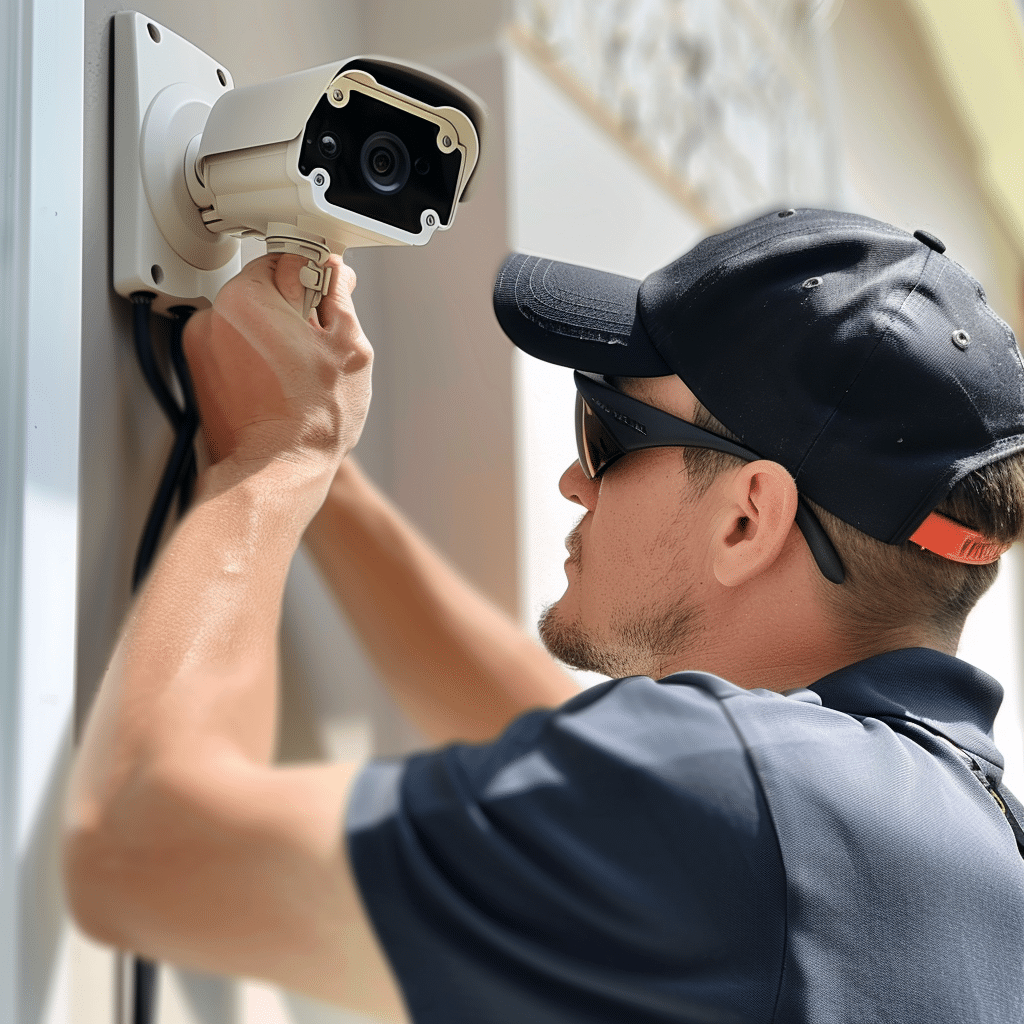Investing in a home security system is crucial for ensuring the safety and peace of mind of your family. Understanding the cost of a home security system can help you make an informed decision that suits your budget and security needs. Let’s explore the factors that influence the cost, the different components involved, and how to optimize your investment for maximum safety.
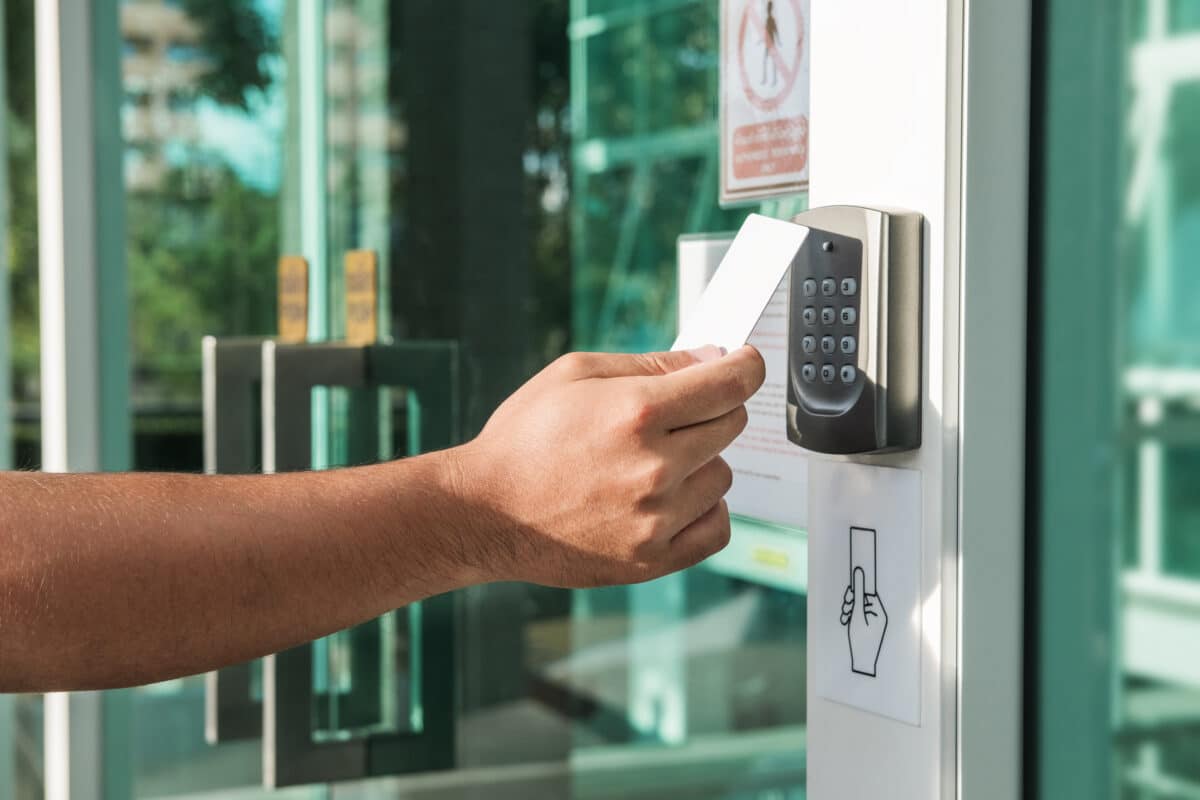
Factors Influencing the Cost of a Home Security System
- System Type and Features
- Basic Systems: Include essential components like door and window sensors, motion detectors, and a control panel. These are usually the least expensive.
- Advanced Systems: Offer additional features such as security cameras, smart home integration, environmental sensors (smoke, carbon monoxide), and remote access via smartphone apps. These systems tend to be more expensive but provide comprehensive security.
- Installation Costs
- Professional Installation: Costs more due to the expertise and time required to set up the system. It typically ranges from $100 to $500 depending on the complexity.
- DIY Installation: Generally cheaper, often only requiring the purchase of the system itself. However, it may lack the professional touch and comprehensive setup.
- Monitoring Services
- Self-Monitoring: Involves no additional costs beyond the initial system purchase, but it relies on you to monitor alerts and respond to emergencies.
- Professional Monitoring: A monthly fee ranging from $10 to $60, depending on the service provider and the level of monitoring. This service ensures 24/7 surveillance by security professionals.
- Size of Your Home
- Larger homes typically require more sensors and cameras, leading to higher costs. The layout and specific security needs also play a role in determining the total cost.
- Brand and Quality
- Premium brands with high-quality equipment and advanced features are generally more expensive but offer better reliability and performance.
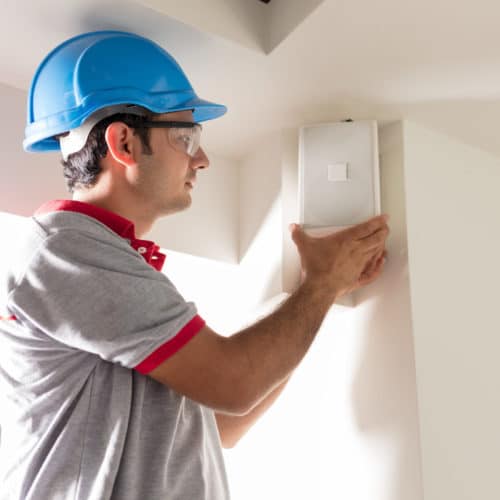
Components of a Home Security System
- Control Panel
- The central hub connects all components of the system. It allows you to arm or disarm the system and communicate with the monitoring service.
- Sensors
- Door and Window Sensors: Detect when a door or window is opened.
- Motion Detectors: Sense movement within the home to alert you of any intrusions.
- Cameras
- Indoor and Outdoor Cameras: Monitor activity around and inside your home. Features can include HD video, night vision, and motion detection.
- Doorbell Cameras: Provide video surveillance at your front door, often with two-way audio.
- Alarms and Sirens
- Triggered by sensors or cameras, these devices sound an alarm to deter intruders and alert occupants.
- Environmental Sensors
- Smoke and Carbon Monoxide Detectors: Ensure safety from environmental hazards.
- Flood and Freeze Sensors: Provide alerts about potential water damage or freezing conditions.
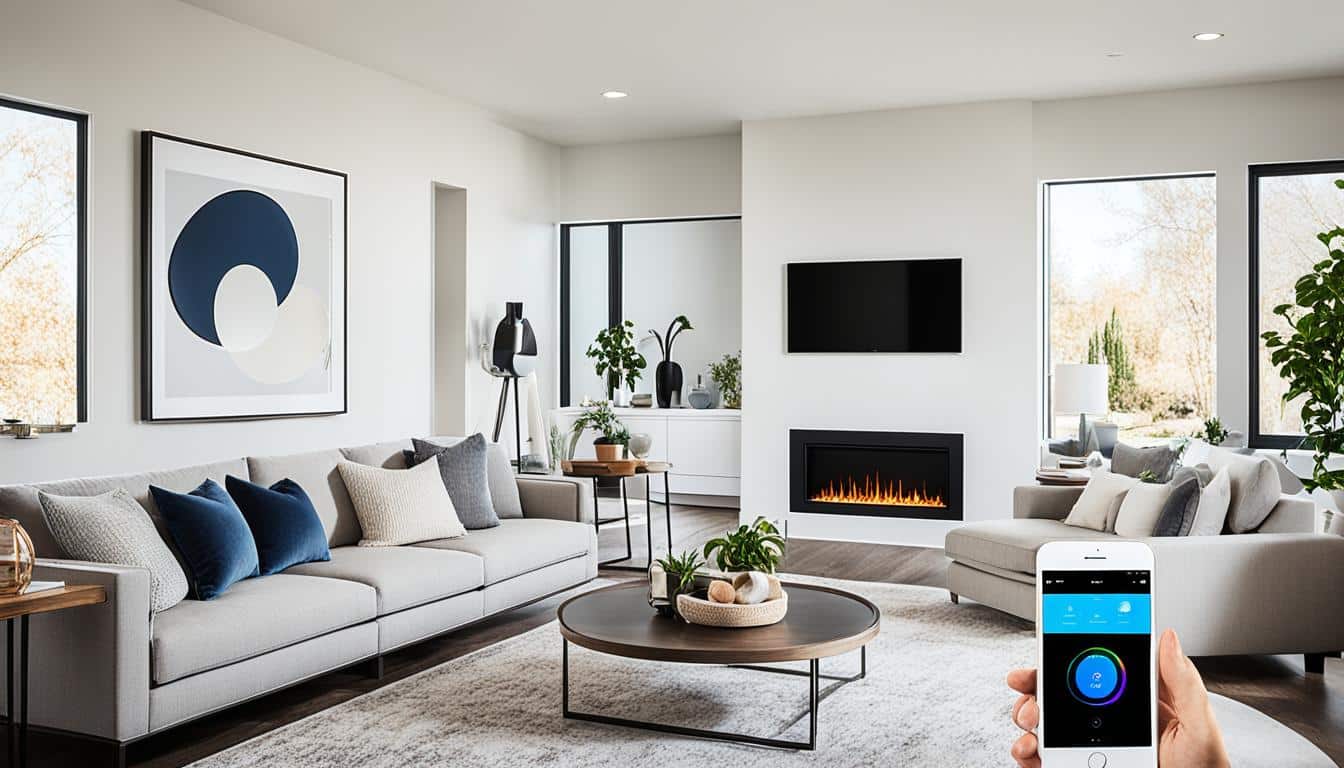
Optimizing Your Investment
- Assess Your Needs
- Conduct a thorough assessment of your home to determine which areas require surveillance and protection.
- Compare Options
- Research different brands and systems to find one that offers the features you need within your budget.
- Consider Future Expansion
- Choose a system that allows for adding components over time as your needs and budget evolve.
- Leverage Smart Home Integration
- Opt for systems that integrate with your existing smart home devices for a seamless and comprehensive security solution.
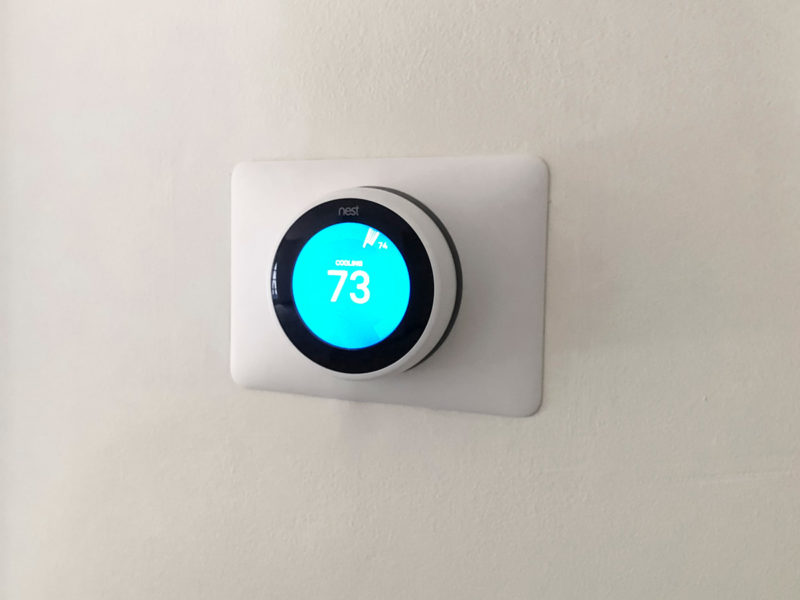
FAQs about Cost of a Home Security System
- How much does a basic home security system cost?
- A basic system typically ranges from $200 to $600, depending on the brand and features included.
- Is professional installation worth the extra cost?
- Professional installation ensures the system is set up correctly and optimally. It can be worth the extra cost for the peace of mind it provides.
- Can I install a home security system myself?
- Yes, many systems are designed for DIY installation, which can save on upfront costs. However, professional installation may be preferable for complex systems.
- What are the benefits of professional monitoring?
- Professional monitoring provides 24/7 surveillance and immediate response to alerts and often includes emergency services dispatch, which enhances overall security.
- Do home security systems lower insurance premiums?
- Many insurance companies offer discounts for homes with security systems, potentially offsetting some of the installation and monitoring costs.
By carefully considering these factors and components, you can select a home security system that provides robust protection while fitting your budget. Investing in the right system not only secures your home but also brings invaluable peace of mind.

From curious child to the President of WyreDreams, my journey started with a fascination for the wires behind my dad’s boombox. Today, I lead a team dedicated to transforming standard setups into exceptional audiovisual and smart home experiences.

